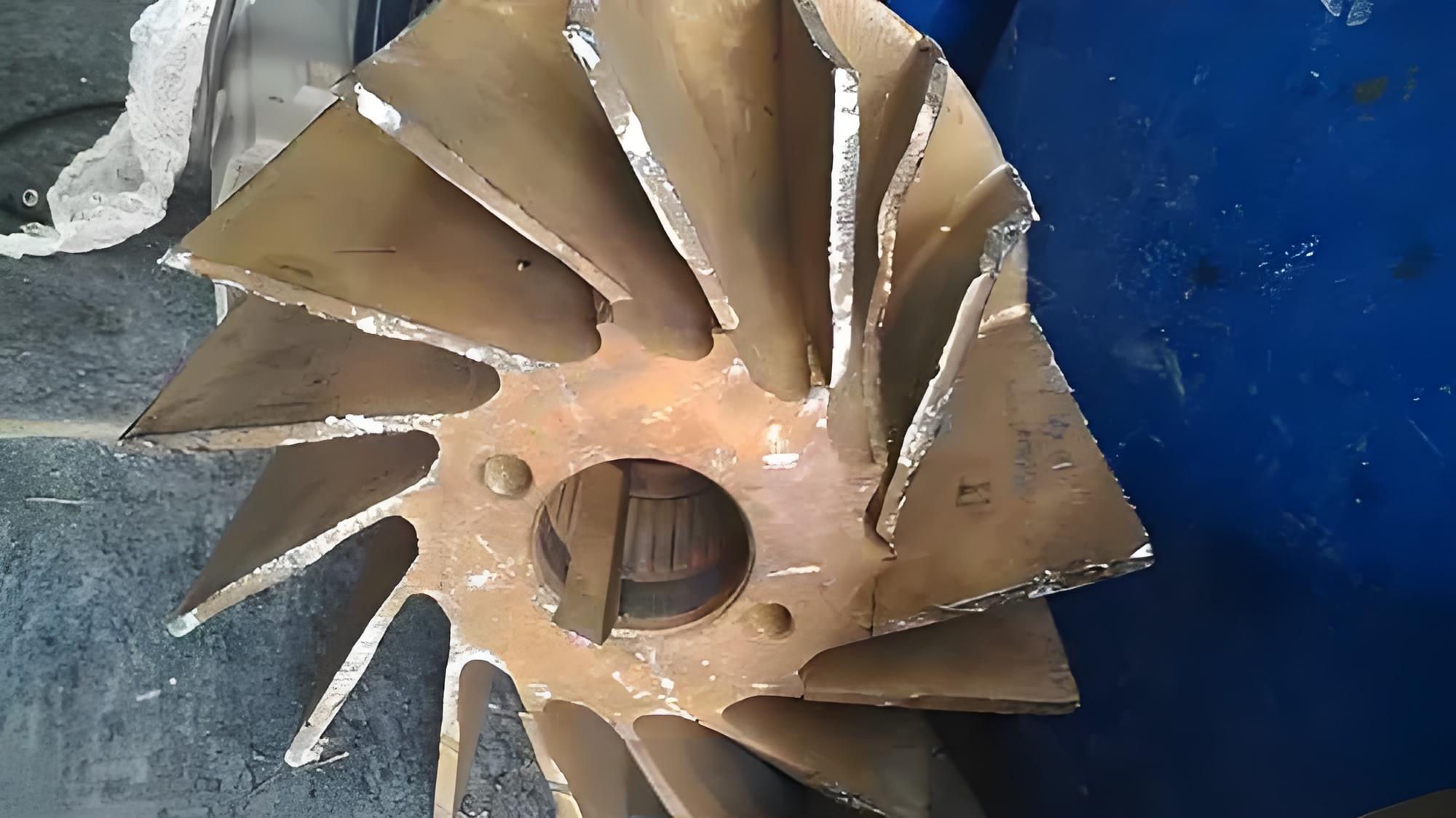Effects of Impeller Wear on Pumps
In pump systems, the impeller is a critical component that significantly influences the overall efficiency and reliability. Over time, impeller wear can lead to various adverse consequences. This text explores the specific impacts of impeller wear on pumps and recommends suitable mitigation strategies.
Impacts of Impeller Wear:
Decreased Efficiency: As the impeller wears, its original flow channel shape and dimensions alter, increasing fluid resistance within the pump. This leads to higher energy consumption for equivalent flow rates, thus lowering the pump system's overall efficiency.
Reduced Head: Head, a key performance indicator, signifies the pump's ability to raise liquid. Impeller wear reduces its thrust surface and power output, causing a decrease in the pump's head, which can be problematic in high-demand scenarios.
Increased Vibration and Noise: Impeller wear disrupts balance, resulting in vibrations and noise during operation. This affects the pump's normal function and may interfere with the surroundings, potentially causing mechanical failures.
Shortened Pump Lifespan: Impeller wear signals component degradation. Severe wear can lead to damage to other parts, such as bearings and seals, hastening the pump system's aging process and reducing its useful life.

Mitigation Strategies:
Regular Inspection and Maintenance: Consistent monitoring and maintenance to promptly address impeller wear are essential. Focus on wear patterns, balance, and sealing during inspections.
Use of Durable Materials: Designing pumps with high-mechanical resistance materials for the impeller enhances durability and extends service life, minimizing maintenance needs and wear-related problems.
Optimize Operating Conditions: Ensuring pumps run under ideal conditions can limit impeller wear. Maintain a steady flow and head within rated parameters, minimize abrasion through clean fluid intake, and ensure smooth start-up and shutdown procedures to reduce impeller strain.
Advanced Repair Techniques: Utilize advanced repair methods, such as surface hardening, coatings, or impeller remanufacturing, to restore the impeller's functionality and prolong its useful life.




